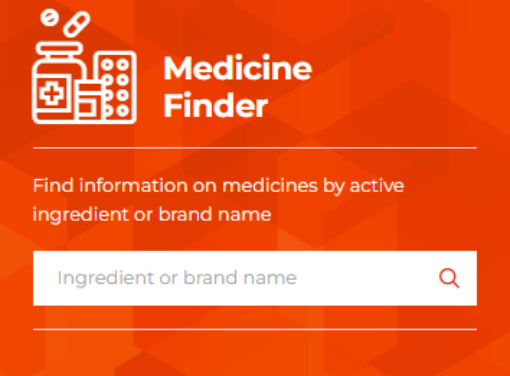Talking is key
Tell your health professional about all the medicines you take. This will lower the chance of your medicines working against each other.
Keep in mind that medicines don’t just come on a doctor's script. They can also be over-the-counter and complementary medicines you may be taking.
If you are having, or think you might have, trouble taking your medicines, speak with your health professional. They will know different ways to safely pack your medicines to help remember when to take them. They can also help find tools to help open bottles or cut pills, and other ways to make sure you take your medicines at the right time.
When you can't speak with someone
The health professionals who look after you are the best way to find out about the medicines you take, or any tests or treatments that you think you might need. But sometimes you might not be able to speak with them. This is why you need to know where else you can go for helpful and correct information about illnesses, medicines, tests and treatments.
Information you can trust should be:
- based on good research
- up-to-date
- right for your situation
Medicines Line
If you have questions or worries about any medicine you or someone you care for are taking you can call the Medicines Line on 1300 MEDICINE (1300 633 424) to speak with a health professional. They can help you learn more about all sorts of medicines including prescription, over-the-counter and complementary medicines (herbal, ‘natural’, vitamins and minerals).
It will be the cost of a local call (calls from mobiles may cost more). Business hours are Monday to Friday from 9am to 5pm AEST (except public holidays).
Using online websites or social media
There are many reasons why you might want to learn more about a certain illness or treatment. It may be if you or a loved one become sick. Or maybe you are starting a new medicine or your doctor has sent you for a test.
There are lots of ways we can go 'online' to find out information. It might be using a search engine like Google or Reddit, watching a video clip on TikTok, or reading a story on Facebook or Instagram.
Many professional organisations and support groups provide good information on their websites about different illnesses, medicines and treatments.
In Australia, the government-funded website healthdirect only links to websites that meet its quality standards. Some other trusted sites are:
However, for every trustworthy website or online community you might find, there will be many more that are not giving you good quality, truthful or fact-based information.


